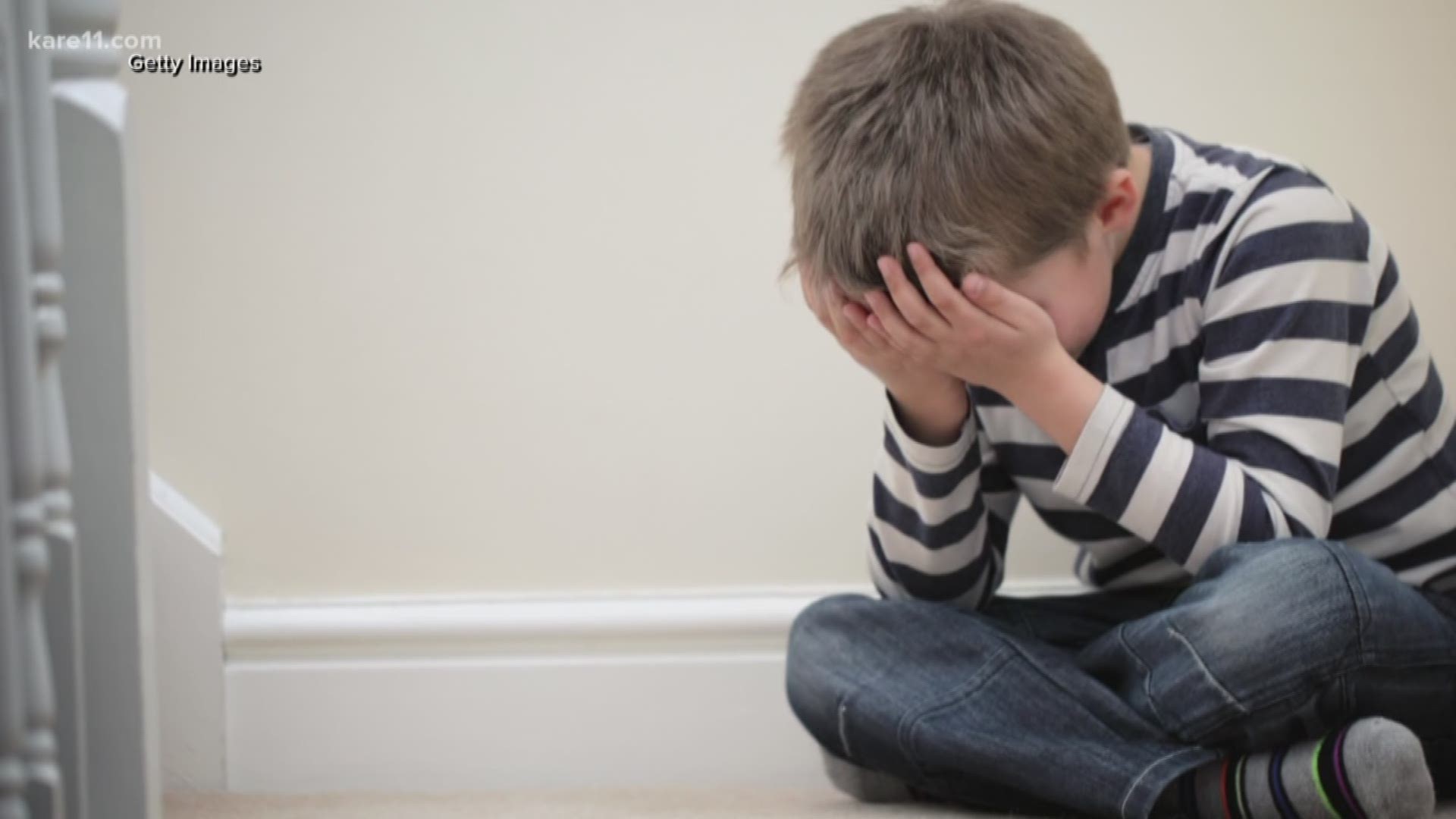GOLDEN VALLEY, Minn. — How often have you hear the phrase, “Don’t talk to strangers?”
It was likely drilled into your head as a kid. And, if you grew up in the “stranger danger” era, you’ve probably also heard the phrase, “Good touch, bad touch.”
It was all meant to keep us safe, but experts say it’s time to change what we teach kids. Parents, before you hand down these same lessons, let’s put things into perspective.
“Stereotypical kidnappings are very rare,” says Alison Feigh, director of the Jacob Wetterling Resource Center.
Feigh says teaching kids that all strangers are dangerous is not only confusing, it's simply not true.
But that brings up something that is incredibly hard to hear: Your child is much more likely to be hurt by someone they know, than someone they don't.
“We actually don't teach stranger danger at all, because in almost every case, it's someone the kid has a connection to," says Feigh. "We also have little ones reflecting back to us what they think a stranger looks like, you know this person is coming out of an alley, and they're wearing a trench coat, and they haven't shaved, and they smell really bad, but nice is different than good, and someone can come across as a very nice person and not have good intentions."
So instead, she says, teach your children not to focus on the person but what they are asking you to do.
Stay away from terms like good touch, bad touch. Former victims have come forward saying they those words made them feel like they were the ones being bad, which made them afraid to tell.
Use real names for body parts. Nicknames make them more secretive.
Tell your kids to trust that feeling in their gut. That uh-oh in their tummy that they get when they know something is wrong.
And, talk about all of this by using what-if scenarios.
"It's our family safety rule that we talk about touches, so if somebody is trying to keep a secret about a touch, I want you to check in with me, so let's do three or four what-ifs,” explains Feigh.
Make it clear that they can always come tell you. It's not their fault, and they won't be in trouble, but give them other options.
“We're telling parents to build a safety net around their kids. Who are the five adults that your kids can reach out to if your child has problem or if someone is breaking their rules? And, you think about it as a literal net, and we say five because sometimes it's someone on the net that's causing the harm,” says Feigh.
And when you think your kids know the rules, tell them again. Kids ages 11 to 17 are most likely to be victimized. So ignore the eye rolling and keep on talking.

